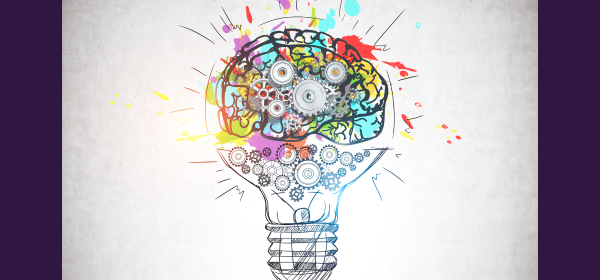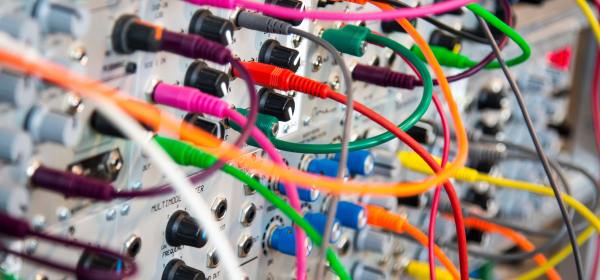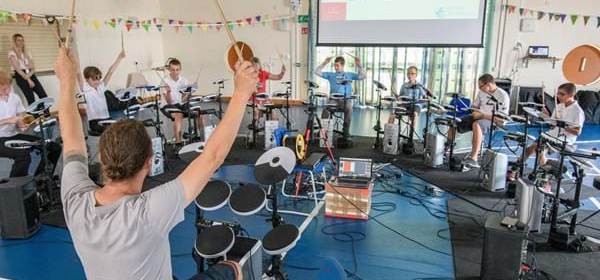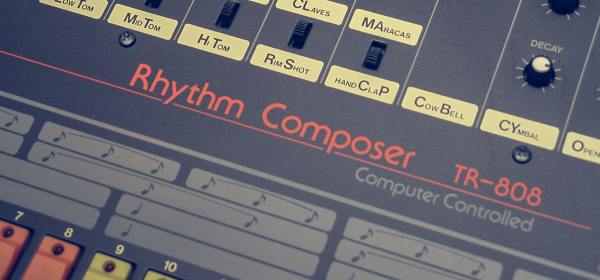The Data Drummer website has a research section that, summarises the wellbeing benefits of drumming: from improving general cognitive health, to helping control impulsive behaviour to reducing the symptoms of trauma.


The Data Drummer website has a research section that, summarises the wellbeing benefits of drumming: from improving general cognitive health, to helping control impulsive behaviour to reducing the symptoms of trauma.

A new study led by a Western Sydney University researcher has found that musical rhythms can help children with speech and language processing difficulties.

Looking for research into a specific area? We group research using ‘categories’ to help you to find what you need more easily.
Our latest is on music education and neurodiversity.
For other groupings, look for ‘CATEGORIES’ in the right hand column on the site.

A new study by the University of Bath shows that learning to play the piano can improve the brain’s ability to process sights and sounds, and can help to improve mood.

Music, with its playful, spontaneous, affective, motivational, temporal, and rhythmic dimensions can be of great help for studying the aspects of time processing in ADHD.

Engaging in musical activities such as singing and playing instruments in one-on-one therapy can improve autistic children’s social communication skills and increase brain connectivity in key networks.

According to a team of researchers led by Florida International University, listening to music while studying may help some children with attention deficit hyperactivity disorder (ADHD).

In 2016, researchers in Marseille, France tested the efficacy of a specially-designed Cognitivo-Musical Training (CMT) method for children with dyslexia.

Drumming for just 90 minutes each week can improve the life quality of young people diagnosed with autism, according to a study published in 2022.

Drumming for one hour a week can help children diagnosed with autism and supports learning at school, according to a study published in 2018.

In 2018 researchers from the University of Montreal and McGill University in Montreal, Canada, published a report showing that music intervention alters brain activation and improves social communication skills in children with autism.

Researchers in Italy find that students diagnosed with Developmental Dyslexia (DD) scored high in rhythmic abilities, as measured by rhythmic pattern discrimination tests.